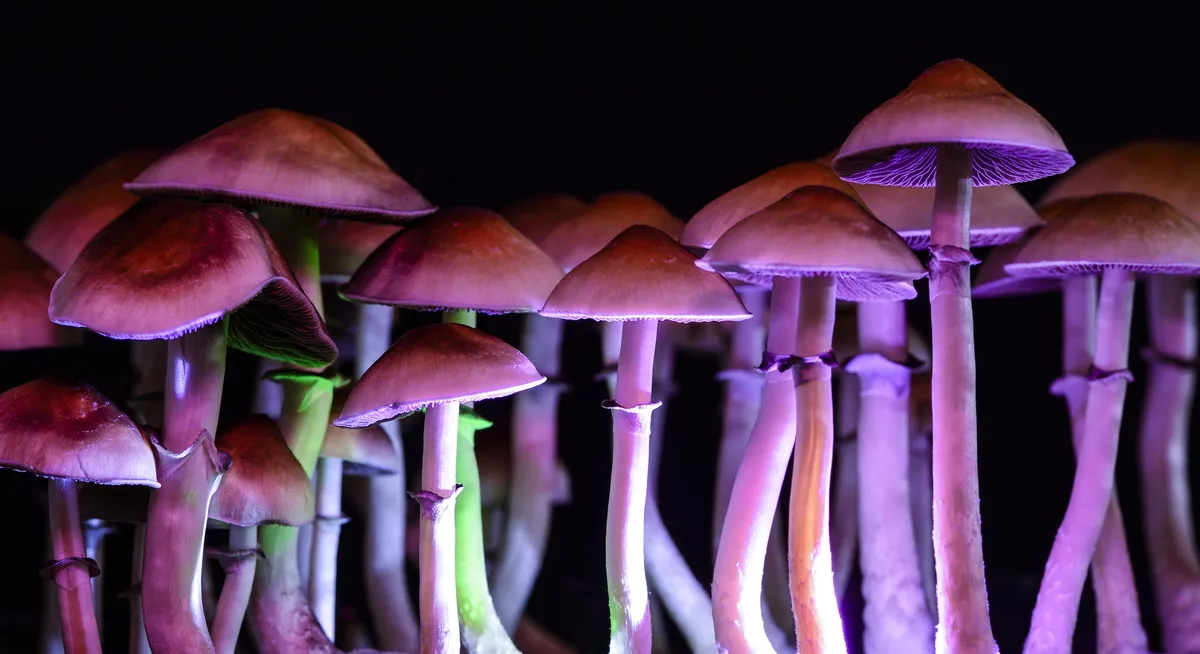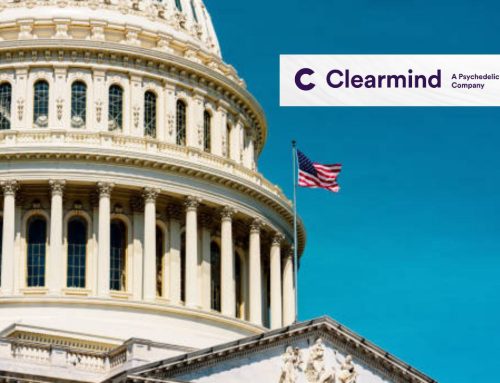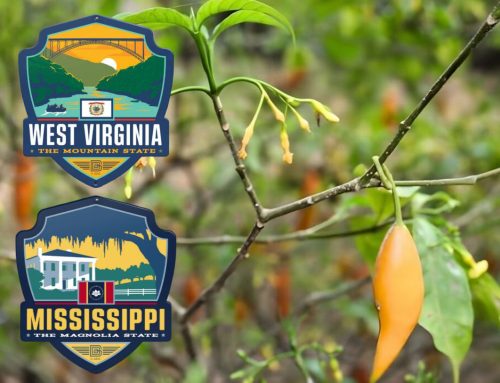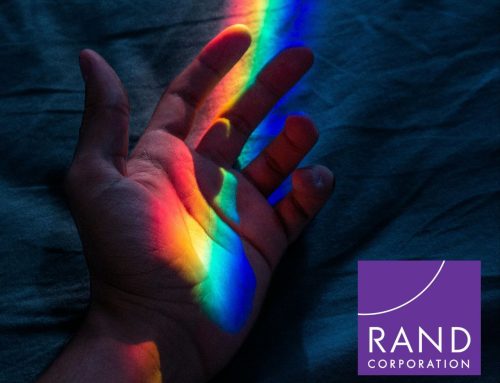California Proposes Supervised Psychedelic Therapy Bill
LOS ANGELES- In an innovative legislative move, California lawmakers have introduced a bipartisan bill that aims to permit individuals over the age of 21 to consume psychedelic mushrooms under professional supervision. This proposal seeks to address the state’s pressing mental health and substance use issues. The introduction of this bill follows Governor Gavin Newsom’s veto last year of a measure that would have decriminalized the possession and personal use of certain plant-based hallucinogens, including psychedelic mushrooms. The governor had emphasized the need for therapeutic guidelines and regulations at the time.
The newly proposed Senate Bill 1012, spearheaded by Democratic Sen. Scott Wiener and Republican Assemblymember Marie Waldron, advocates for the consumption of psilocybin—the primary hallucinogenic compound found in psychedelic mushrooms—under the guidance of a licensed therapist. The bill extends its scope to include other substances such as dimethyltryptamine (DMT), MDMA, and mescaline, aligning with similar regulatory frameworks in Colorado and Oregon.
Cities within California, such as San Francisco, Oakland, and Santa Cruz, have already taken steps to decriminalize the possession of psychedelic mushrooms, preventing arrests or prosecutions for possessing small amounts of plant-based hallucinogens.
Sen. Wiener emphasized the potential of psychedelics in therapeutic settings, particularly for California’s veterans and first responders who have shown significant health improvements. Assemblymember Waldron highlighted the bill’s alignment with Gov. Newsom’s vision by introducing safeguards around psychedelic therapy, including a comprehensive screening and follow-up assessments for individuals before they can engage in such therapy.
The proposed bill aims to shift the state’s approach to mental health crises from criminalization to therapeutic intervention. It plans to regulate underground psychedelic therapy practices through a new state licensing board, ensuring safety and professionalism in the field.
Importantly, the legislation restricts personal possession and use, limiting access to controlled environments and preventing the purchase of substances for personal consumption. Despite the federal illegality of these drugs, proponents of the bill argue that state-level authorization can pave the way for regulated use, drawing parallels to the state’s approach to cannabis for therapeutic purposes.
Psychedelic mushrooms, which gained notoriety in the 1960s, have a long history of use in spiritual and religious contexts. Recent research and federal recognition of psilocybin as a “breakthrough therapy” have underscored its potential in treating mental health conditions such as depression, anxiety, and PTSD.
The bill is backed by the Heroic Hearts Project, a nonprofit focusing on helping veterans through trauma with psychedelics. Juliana Mercer, a Marine Corps veteran and board member, shared her positive experience with psychedelics for managing PTSD, emphasizing the importance of regulated, safe environments for therapeutic use.
The California Coalition for Psychedelic Safety and Education, which had opposed last year’s decriminalization measure, supports the new bill, recognizing its balanced approach to therapeutic treatment and public health risks.
The proposed legislation not only seeks to reduce the stigma around psychedelic use but also aims to establish an educational program to promote understanding and safety, with expectations to implement the program within 18 to 24 months if the bill is passed.



































